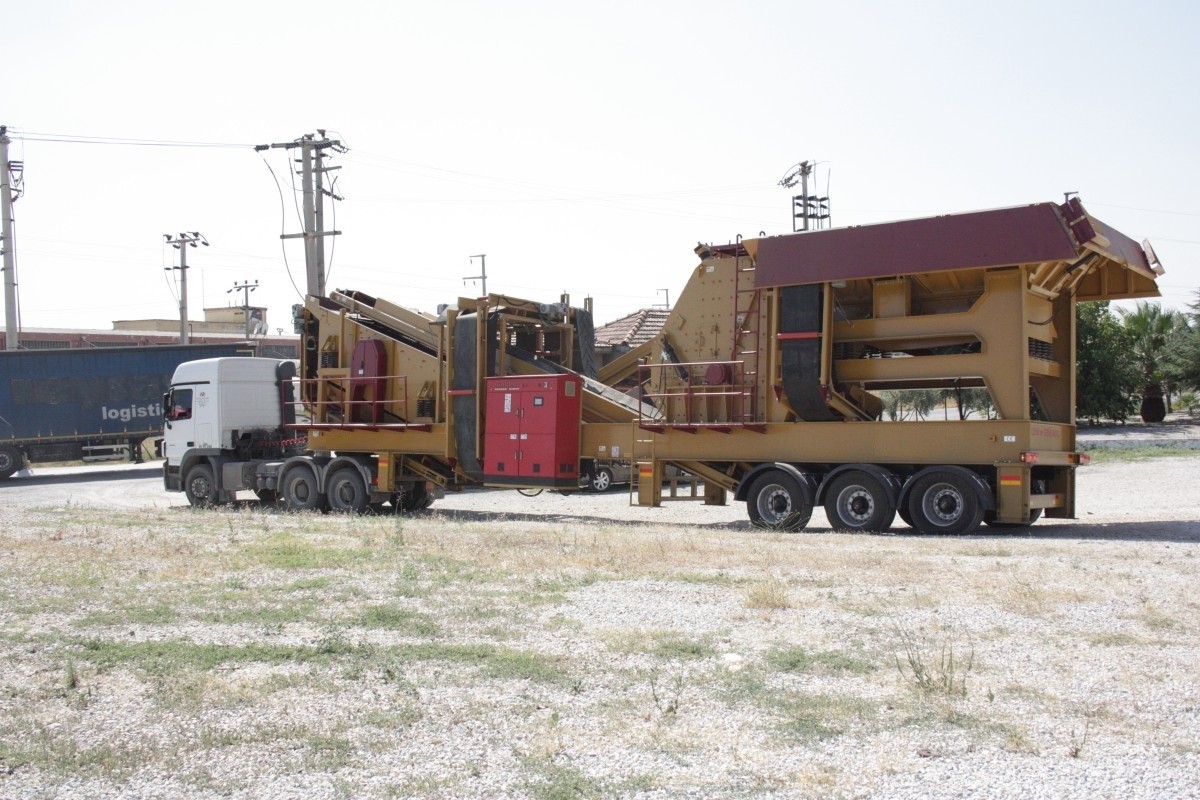A Stone Crushing and Screening Plant is an industrial facility where stones are crushed and sorted into various sizes for use in construction, road building, and other infrastructure projects. The process involves breaking down large rocks into smaller, usable aggregates that can be used in various construction applications, including concrete production, asphalt mixing, and more.
Key components of a stone crushing and screening plant:
- Jaw Crusher: This is typically the primary crusher in the plant. It is used to break large stones into smaller, manageable pieces.
- Cone Crusher: Used for secondary and tertiary crushing, the cone crusher produces finer aggregates.
- Impact Crusher: This crusher is used for producing smaller aggregates and has the capability to crush materials in various shapes.
- Vibrating Screens: After the crushing process, the material is passed through screens that sort the aggregates by size. The screening process ensures that only materials of the desired size are used.
- Belt Conveyors: These are used to transport crushed materials from one point to another within the plant.
- Wash Plants: In some cases, a wash plant is included in the system to remove dirt and other contaminants from the aggregates.
Process:
- Extraction: The raw materials (rocks) are extracted from quarries or mining sites.
- Crushing: The extracted rocks are first broken down by the jaw crusher into large pieces, which are then further reduced by cone crushers or impact crushers.
- Screening: After the crushing stage, the material is passed through vibrating screens to segregate it into different sizes.
- Transportation: The sorted materials are conveyed to various stockpiles, from where they can be transported to construction sites or stored for further processing.
Applications:
- Construction: Aggregates produced are used in the construction of roads, bridges, buildings, and other infrastructure.
- Concrete Production: Crushed stone is a vital ingredient in concrete, providing the necessary bulk and strength.
- Asphalt Production: Crushed stones are used in the production of asphalt for road paving.
- Landscaping and Drainage: Smaller aggregates are used in landscaping and drainage systems.
Advantages of a Stone Crushing Plant:
- Efficiency: Automated systems and high-efficiency crushers ensure minimal energy use and optimal production.
- Cost-Effective: Crushing plants reduce the need for transportation and the costs associated with importing aggregates from distant quarries.
- Environmental Impact: Modern plants include dust suppression systems and technologies to reduce environmental pollution.
 English
English
 Le français
Le français
 Türkçe
Türkçe

